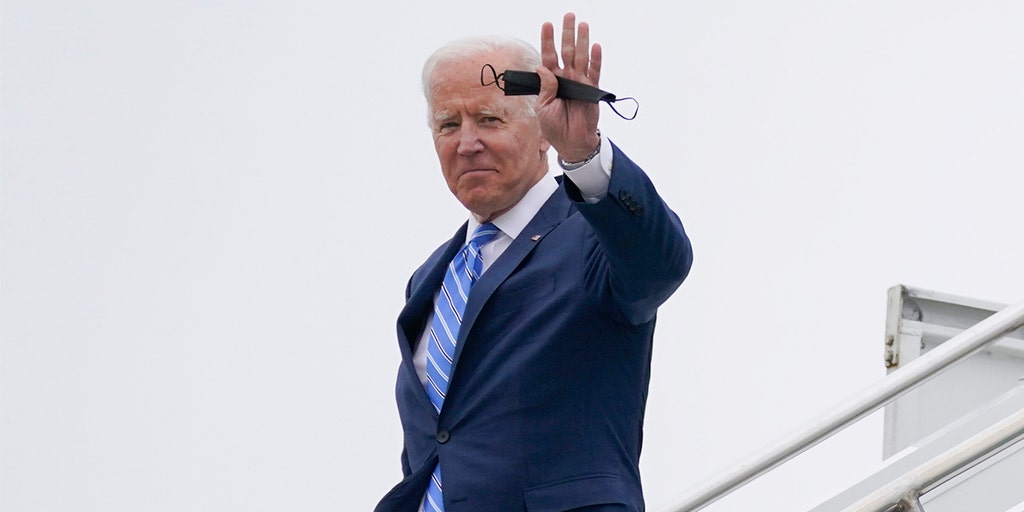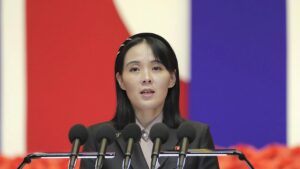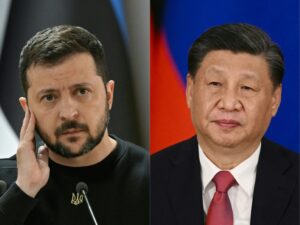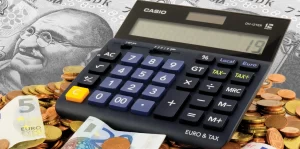
Saudis Unwilling To Upset Putin As Biden Begs For More Crude
The largest crude oil exporter in the world, Saudi Arabia, continues to maintain close relations with Russia while leading oil consumers, United States, asking for large producers – including kingdoms – to increase supply to the market and help alleviate consumer pain in The Pump. While the US and its Western allies sanctioned Moscow and prohibited oil imports from Russia, US President Joe Biden also turned to Saudi Arabia to ask him to pump more oil because Americans paid an average of $ 5 per gallon for gasoline.
Saudi prefers to maintain close relations with Russia in oil policy because the OPEC+ pact and control over most of the global oil supply have benefited the two OPEC+ leaders – the kingdom and Russia – over the past half of the past half. Saudi Arabia, however, can use a little disbursement in Saudi-U.S. Relations under President Biden, who no longer talks about the world’s top crude oil exporter as a “paria” country.
Saudi carefully maneuvering to protect Russia as an ally in the OPEC+ group and might improve relations with the United States.
President-Biden-really wants to see assistance for American drivers ahead of the part-time elections to turn to Saudi Arabia and it is hoped that this month to visit the kingdom, which he said on the campaign path will be treated as “paria” stated that during his presidency. But the price of the Gasoline U.S. amounting to $ 5 per gallon and loss of part of Russia’s supply has made President Biden reconsider and meet with crown prince Mohammed bin Salman.
Saudi Arabia has openly repeated its “warm” relationship with Russia on several occasions since Putin invaded Ukraine, and considered protecting Russia in the OPEC+ alliance as an important part of its oil policy. With Russia led a dozen non-OPEC producers in the pact, Saudi Arabia swayed more over the global oil market with the OPEC+ group which was larger than OPEC only.
Russian President Vladimir Putin and Saudi Crown Prince Mohammed bin Salman have discussed their country’s cooperation in the OPEC+ Oil Production Pact in several telephone conversations since February, and have vowed to continue their cooperation.
Last month, Russian Deputy Prime Minister Alexander Novak said that Russia could continue its participation in the OPEC+ agreement even after officially ending at the end of this year. Novak spoke after a meeting at St. Petersburg with the Minister of Saudi Arabia Energy, Prince Abdulaziz bin Salman, who made a surprising performance in the Russian Economic Forum.
During the meeting, the Saudi Minister said that Saudi-Russian relations “were as warm as the weather in Riyadh.”
Two weeks before the meeting, Russian Foreign Minister Sergey Lavrov visited Riyadh and met with his Saudi colleague, Prince Faisal bin Farhan Al Saud. The two ministers said that the OPEC+ Solid alliance, with a strong level of cooperation in it.
The new OPEC+ decision is to accelerate the increase in production and turn back all cuts in August, a month earlier than previously planned, driven by Saudi Arabia in the middle of the U.S. pressure. But the kingdom must check with Russia before proposing a redistribution of an increase in September in July and August, sources with knowledge about diplomacy behind the scenes told Reuters this week.
Both Saudi and Russia benefit from the OPEC+agreement, so Riyadh wants to keep Russia on the ship, the source said.
Saudi enjoy high prices while Russia needs guaranteed support from OPEC+ in the current circumstances,” the source who is familiar with Russian thinking told Reuters.
After the production cut is completely rolled back next month, a more difficult decision for OPEC+ Looms: what to do next because Russia is more than 1 million BPD behind the target and can lose more supply because the EU embargo in the oil starts at this end







